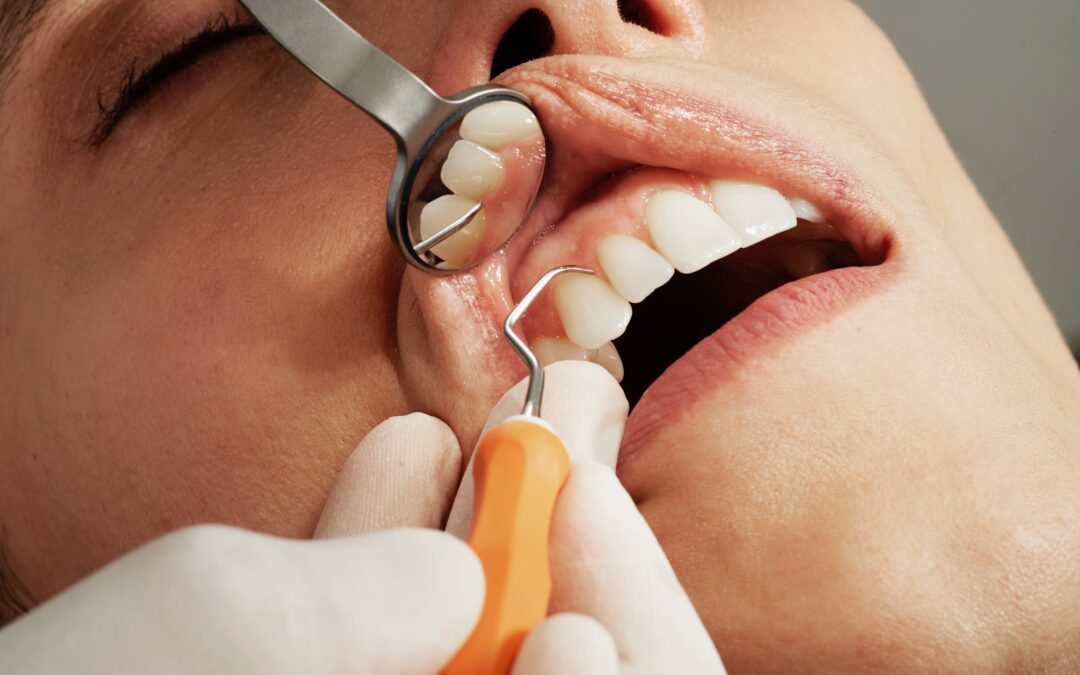According to recent studies, nearly 7 in every 10 (68.0%) adults have dental plaque or tartar? In this article, we’ll tell you everything you need to know about dental plaque, including what it is, its symptoms, and more.
What Is Dental Plaque?
Plaque is a sticky film of bacteria constantly forming on your teeth. It contains over 300 types of different bacteria which can vary from person to person. Some of the bacteria in plaque are:
- Streptococcus mutans
- Streptococcus sanguinis
- Streptococcus sobrinus
- Actinomyces viscosus
- Lactobacilli
In fact, some people have more bacteria than others – which means they may be at an increased risk for tooth decay or even gum disease.
A typical dental plaque comprises an organic matrix (subgingival) layer, a biofilm, and the extracellular polysaccharide (EPS). The first layer is made up of bacteria, viruses, and fungi. It’s usually white or yellowish in color. The second layer has the same structure as the first one, but its thickness varies according to its location within your mouth. Finally, the third layer contains a mixture of organic matter (such as food debris) and water vapor, forming a sticky substance called biofilm. The three layers are attached through intercellular adhesions or bonds between proteins within the cell membrane.
What Are the Symptoms of Plaque?
The most common symptom of plaque is tooth decay, which, if not treated early enough, can be painful and lead to gum disease
Other symptoms include:
- Redness in the gums
- Bleeding from brushing or flossing teeth too hard
- Bad breath (halitosis)
- Metallic taste in the mouth
Who’s at Risk of Developing Dental Plague?
Anyone can develop dental plaque, but some people are at a higher risk than others. Children, pregnant women, and people with diabetes are all more susceptible to developing dental plaque.
Smokers are also at a higher risk of developing dental plaque. This is because smoking decreases the flow of saliva, which helps to wash away bacteria and food debris.
Poor oral hygiene habits also increase your risk of developing the condition. For example, if you do not brush and floss your teeth regularly, plaque will build up on your teeth over time and cause cavities, gingivitis, and other oral health problems.
Does Plaque Cause Any Complications?
Yes! If dental plaque is not removed regularly, it can lead to cavities, gum disease, and even tooth loss! In addition, plaque can also increase your risk for other health problems such as heart disease and stroke.
How Can I Prevent Plaque?
You can prevent dental plaque by brushing and flossing regularly, eating a healthy diet that’s low in sugar, not smoking, and refraining from excessive alcohol.
In addition, it would be best to visit the dentist at least twice per year for a check-up and professional cleaning. Regular dental check-ups are crucial for preventing plaque and other dental problems!
There you have it – everything you need to know about dental plaque! If you have any questions about dental plaque or would like to schedule an appointment, don’t hesitate to get in touch with your dentist.


